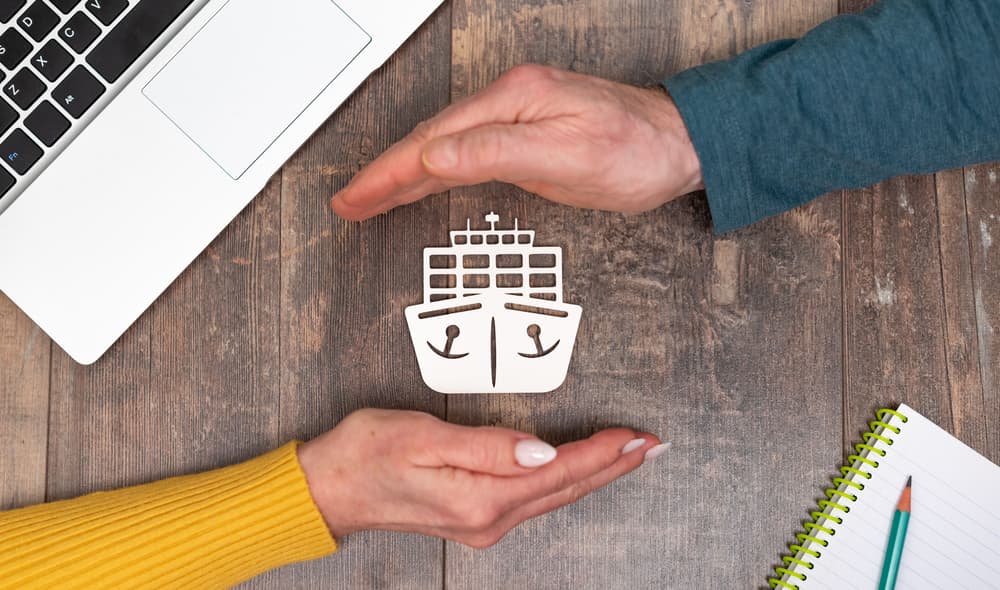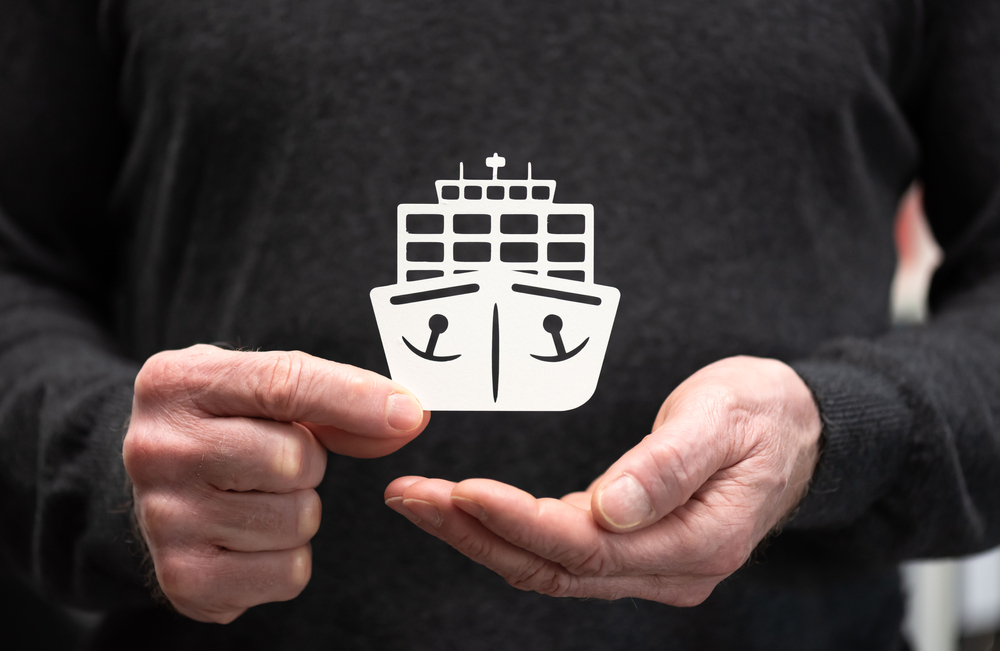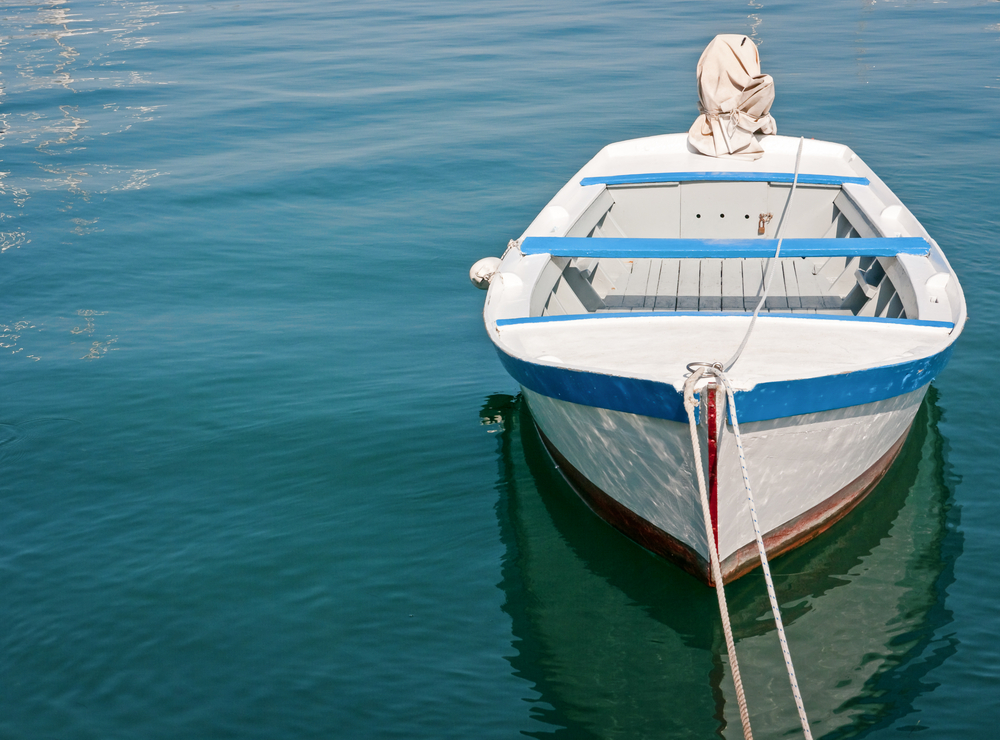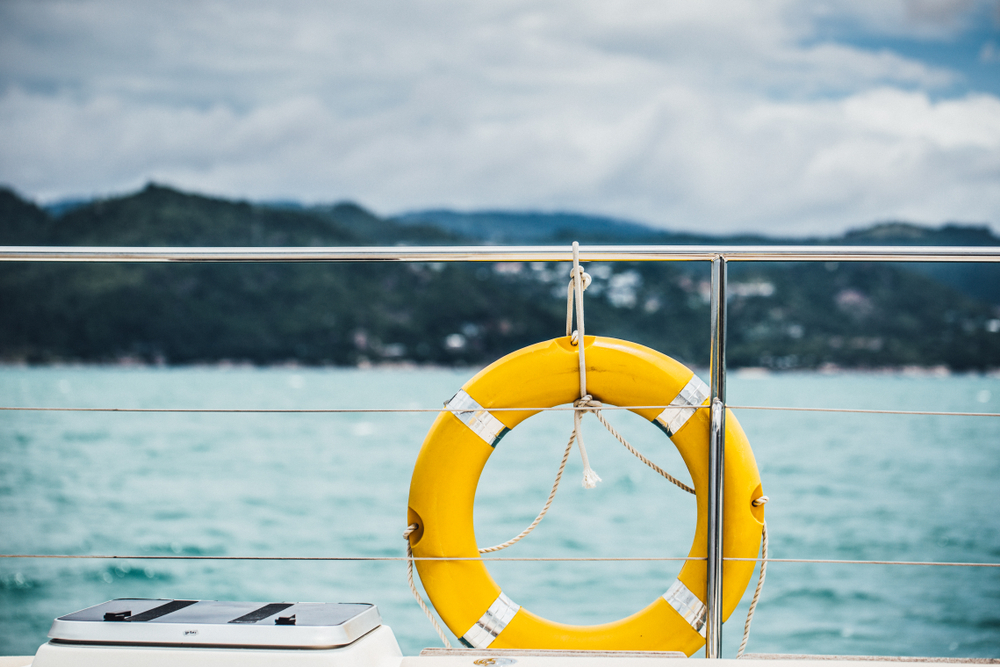Anyone who has visited British Columbia has seen the stunning natural beauty of its coastline and lakes. It is the perfect spot to go boating, with locals and visitors alike enjoying endless days on the water. Speed boats, sailboats, jet skis, kayaks, and paddleboards all fill the waterways, it’s a boating paradise for everyone.
Looking to join in on the action, then you will need to get your BC boating license or Pleasure Craft Operator Card (PCOC) as they also call it. Good news! This is a one-time thing and your boating license never expires or needs to be renewed. You can get your boating license in just a few easy steps and go boating today!
Reasons to Get Your Boating License
One of the main reasons to get your Pleasure Craft Operator Card (PCOC) in British Columbia is that it’s the law. Anyone operating a boat in British Columbia or any province in Canada is required to have proof of competency which is the PCOC.
You won’t regret getting your boating license as the information you will study in the online course will help you understand the rules of the water and make you more confident when operating a boat.
Step 1: Finding a Boating License Provider
The first thing you want to do is choose a boating license provider that is Transport Canada-approved. Otherwise, all your studying will be for nothing unless the company has been accredited by Transport Canada.
Once you have chosen a provider, you will want to register to take their online boating safety course. The boating safety course generally takes a minimum of 3 hours to complete, this is the mandatory minimum study time set by Transport Canada.
The course is broken up into 5 chapters with a small multiple-choice quiz at the end of each chapter. You have up to one year to complete the course from once you have registered, so there is no rush – you can log in and out of the course and your progress will be saved.

Step 2: Take the Exam
After you have completed the course, it’s then time to take the online Transport Canada Pleasure Craft Operator Card exam.
The exam consists of 50 multiple-choice questions and you must get 38 out of 50 correct to pass the exam (78%). It is an open-book exam so you can always refer back to the course if you get stuck.
Don’t worry if you fail, you can retake the exam free of charge. If you fail the exam for the first time, you must wait for 24 hours before attempting to retake the exam again. Keep in mind that if you do fail the exam a second time, Transport Canada requires you to retake the boating safety course again (at no extra cost) before attempting the exam for the third time.
Step 3: Getting a Temporary Card
Once you have passed the Transport Canada exam you will immediately be able to print your temporary Pleasure Craft Operator Card at home and go boating straight away. This temporary PCOC, which is valid for 60days, allows you to get out on the water while waiting for your permanent PCOC to arrive in the mail. Make sure to keep this temporary PCOC with you while out on the water.
The boating license provider will mail out your permanent Pleasure Craft Operator Card to you within 1 week. Make sure whenever you are boating that you have your PCOC on board. The fine in British Columbia for not having a Pleasure Craft Operator card on you while operating a boat is $250.

Hopefully this helps you understand the pretty simple process of getting your boating license in British Columbia. Good luck and hopefully we will see you out on the water one of these days, enjoying the warm weather.
Don’t forget you are going to want to make sure you have boat insurance to protect your investment and ensure you get to create plenty of happy memories out on the water.
Click here to get a competitive quote with us that will give you peace of mind on the water.










